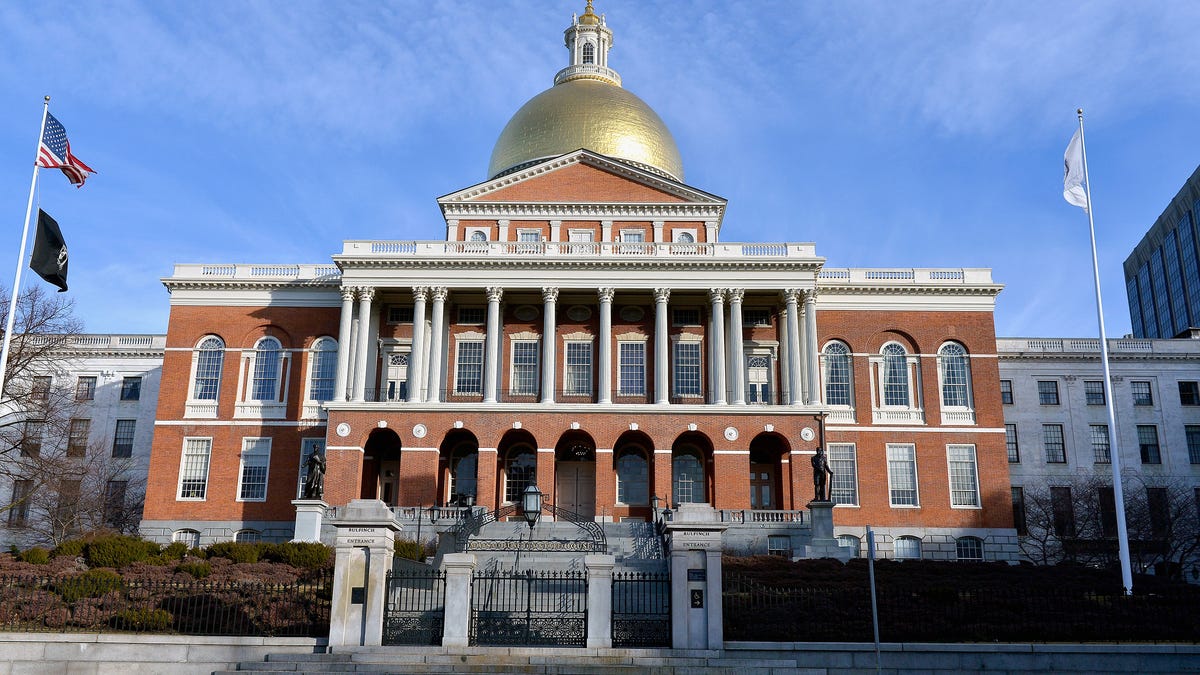Massachusetts lawmakers want to tax self-driving cars by the mile
A new bill would bring the hammer down on driverless cars in some ways, but allow them a good bit of leeway in others.

Right now, Massachusetts lacks any sort of statewide autonomous-vehicle legislation. That could change with a newly introduced bill, although it might be a bit heavy-handed.
Representative Tricia Farley-Bouvier and Senator Jason Lewis sponsored a bill that would enact statewide self-driving-car regulations, The Boston Globe reports. It would allow the vehicles to use public roads, but there are a few caveats involved.
If this bill became law, you wouldn't be able to tell your self-driving car to circle the block as you went grocery shopping, even if you couldn't find a place to park.
First, all self-driving cars would have to be zero-emissions. Also, any driverless vehicle would require a "kill switch" of sorts that could force the car to pull over and stop at any time. Furthermore, any car without a driver would only be allowed to travel one mile, which would prevent these cars from adding to traffic while the owners traipsed about town. Only emergency and freight vehicles would be free from the one-mile rule.
There's also the matter of taxation. This new bill would tax autonomous cars "at least" 2.5 cents per mile, to make up for the fact that zero-emissions vehicles don't generate gas taxes, and an influx of these cars would create a funding issue. The tax would be flexible, so multipassenger vehicles might be charged less, whereas vehicles in high-traffic areas might have to pay a bit more. How such a fleet would be monitored was not mentioned.
The bill would also allow certain municipalities to ban outright self-driving cars that don't provide any sort of public-transportation benefits. Ride-sharing companies would be considered public transportation under that rule.
The bill's sponsors don't necessarily see this bill becoming law in its current form, but rather, it stands as the beginning of something that could actually set the stage for autonomous-car development and use in Massachusetts. It's still up to each individual state to craft self-driving-car regulations, and many still exist in a state of Wild West-type anarchy.

